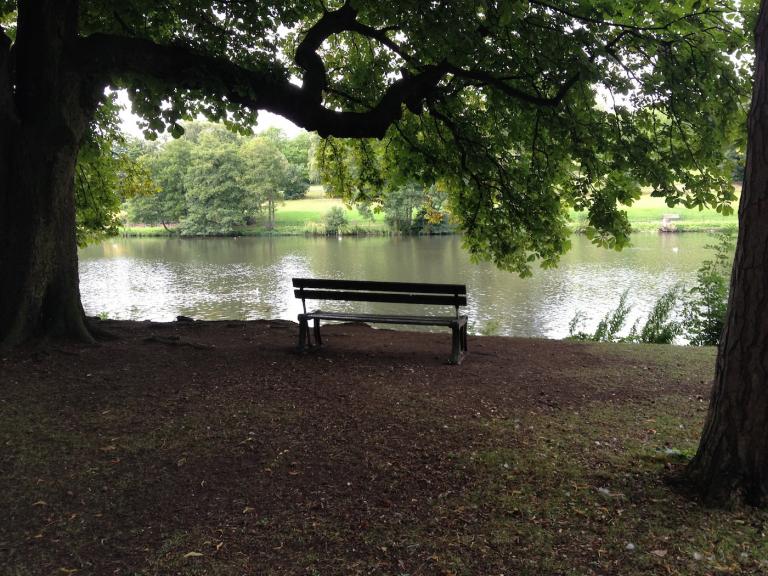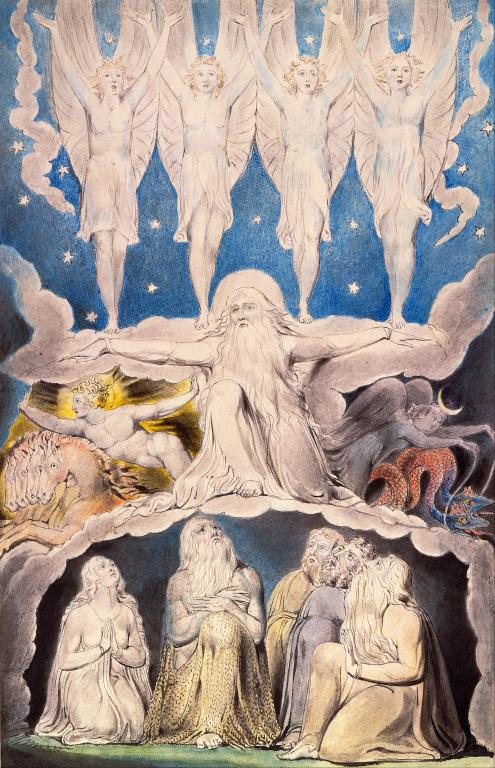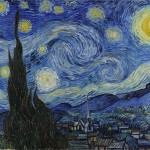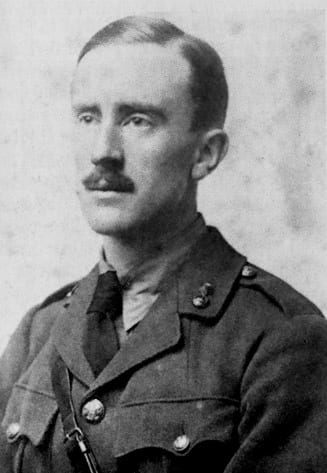Ordinary Time
21st Sunday in Ordinary Time
The Edge of Elfland
Concord, New Hampshire

Dearest Readers,
A few days ago, the ever excellent Brain Pickings, run by Maria Popova, posted an article about William Blake. The article, written by Ms. Popova, was titled, ”William Blake’s Most Beautiful Letter: A Searing Defense of the Imagination and the Creative Spirit,” and looked closely at a set of letters Blake wrote after being commissioned, through his friend George Cumberland, to paint pictures concerning the themes of malevolence, benevolence, etc for a certain Rev. Dr. John Trusler. The article is an excellent one. Blake is someone I’m only just beginning to learn more about thanks in large part to Michael Martin (whose most recent book Transfiguration I reviewed here) and Malcolm Guite. But I do have two bones to pick with the article, particularly after having read the three letters myself. They are the articles failure to attend to Blake’s meaning concerning the creative spirit and a misunderstanding concerning Blake’s conception of beauty and sight.
The problem between Trusler and Blake concerned style. Trusler, evidently, wanted paintings more in a caricature style and while Blake initially agreed to these terms, he found he must obey another impulse. Here, Ms. Popova quotes two parts of the letter:
I find more & more that my style of designing is a species by itself, and in this which I send you have been compelled by my Genius or Angel to follow where he led; if I were to act otherwise it would not fulfill the purpose for which alone I live, which is … to renew the lost art of the Greeks.
I attempted every morning for a fortnight together to follow your dictate, but when I found my attempts were in vain, resolved to show an independence which I know will please an author better than slavishly following the track of another, however admirable that track may be. At any rate, my excuse must be: I could not do otherwise; it was out of my power!
I know I begged of you to give me your ideas and promised to build on them; here I counted without my host. I now find my mistake.
And then she quotes him saying
[I] cannot previously describe in words what I mean to design, for fear I should evaporate the spirit of my invention… And tho’ I call them mine, I know that they are not mine, being of the same opinion with Milton when he says that the Muse visits his slumbers and awakes and governs his song when morn purples the East, and being also in the predicament of that prophet who says: “I cannot go beyond the command of the Lord, to speak good or bad.”
The problem lies in Ms. Popova seemingly taking these references to the Muse, the the Genius, and the Angel to be more metaphorical. In her defense, she never says this outright, but nor does she make much of what is truly astonishing. Blake is here claiming that he is directed by outside forces, by God himself through the agent of one of his angels. This is not some creative spirit in the abstract, or the individual imagination of a solitary artist. No, this is much more like Coleridge’s claim that our individual imaginations participate in the creative act of God, only Blake adds to it the sense that his hand is guided not just by a natural participation in God’s creativity, but through a mediating angel.
My second complaint is with this particular section of Ms. Popova’s:
Asserting that Trusler’s eye has been “perverted by caricature prints, which ought not to abound so much as they do,” Blake makes a beautiful case for beauty (or ugliness) being in the eye of the beholder, implying that the art of living lies largely in training the eye to attend to what is beautiful and noble — an argument all the more urgent amid our present culture of rampant cynicism and a media ecosystem that traffics in outrage as its chief currency.
The problem is, Blake is emphatically not making the claim that beauty is in the eye of the beholder. Look at what she herself says, beauty is something we need to train our eyes to see. If we need training to see it, then it isn’t simply in the eye of the beholder, but exists external to any given self. Blake’s whole point is how he is, or attempts to be, attuned to deeper spiritual realities to which this Anglican priest has become blind. Blake isn’t suggesting his way of seeing the world is just that, his way of seeing, but rather that he is depicting what is actually there. It is his peculiar vision of reality because he has it and others don’t, but Blake doesn’t appear to think this is because it is dependent on him:
And I know that This World Is a World of Imagination and Vision I see Every thing I paint In This World, but Every body does not see alike. To the Eyes of a Miser a Guinea is more beautiful than the Sun and a bag worn with the use of Money has more beautiful proportions than a Vine filled with Grapes. The tree which moves some to joy is in the Eyes of others only a Green thing that stands in the way. Some See Nature all Ridicule and Deformity and by these I shall not regulate my proportions, and Some Scarce see Nature at all But to the Eyes of the Man of Imagination Nature is Imagination itself. As a man is So he Sees. As the Eye is formed such are its Powers You certainly Mistake when you say that the Visions of Fancy are not to be found in This World. To Me This World is all One continued Vision of Fancy or Imagination and I feel Flattered when I am told So.
While difficult to parse his lack of punctuation in places, Blake here seems to be saying that the world is as he sees it. Those who see the guinea as more beautiful than the sun or trees simply as green obstructions have ill-formed eyes and see ill. The eye which is attuned to visions and fancy and imagination, that eye, when it listens to its Angel or Genius is more likely to see clearly. Coleridge knew this, so did Tolkien and Barfield. Beauty is in the eye of the beholder, but only if the beholder has been attuned to Beauty outside of its eye, only if the beholder has eyes to see.
Sincerely,
David Russell Mosley











